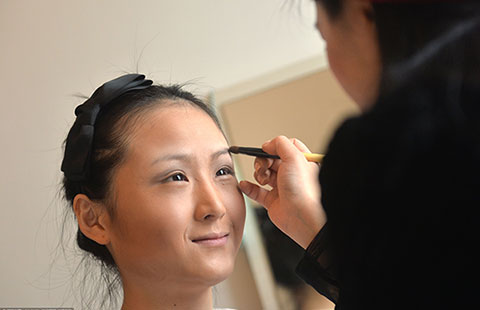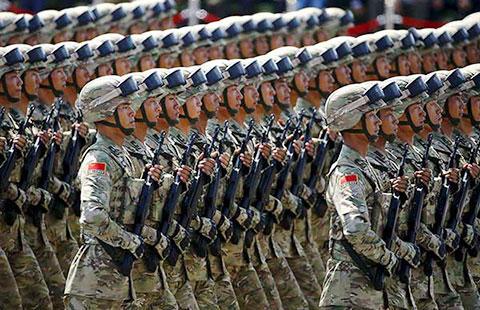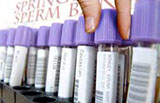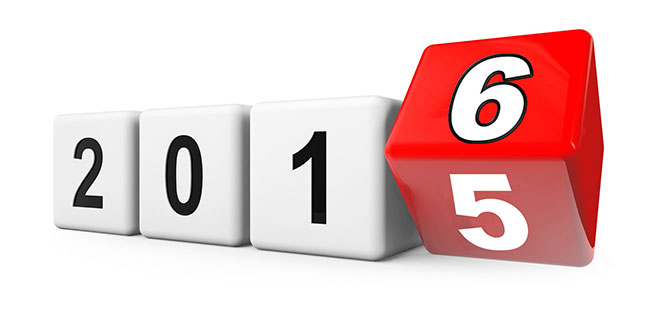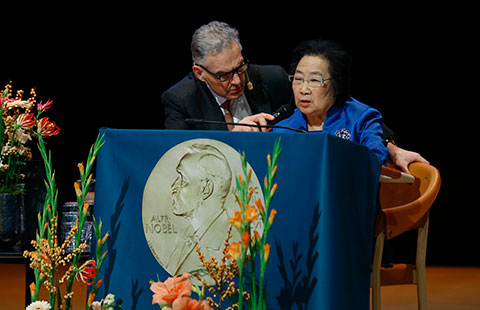Taiwan candidates 'chew the fat' over US pork imports
(Xinhua) Updated: 2016-01-03 07:28
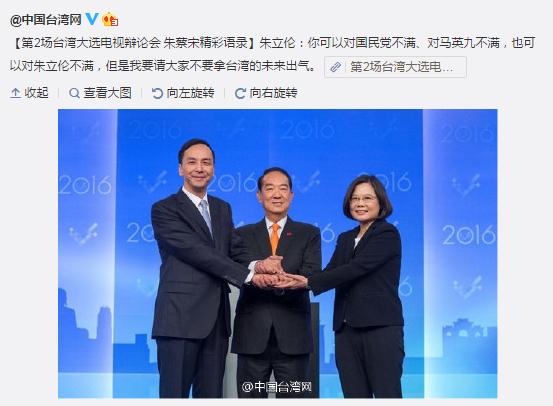 |
|
Screen capture from the official Sina Weibo account of taiwan.cn shows the three candidates for Taiwan's leadership. |
TAIPEI - The three candidates for Taiwan's leadership in this month's election on Saturday engaged in a heated discussion about whether Taiwan should import pork from the United States that contains the leanness enhancer ractopamine.
The issue has remained hot since it was raised in the first televised debate on Dec 27 and was put forward again at Saturday's TV debate.
Eric Chu of the Kuomintang (KMT) argued that Taiwan should not rush to lift the ban on ractopamine since the Taiwanese consume much more pork than Europeans or Americans. He stressed that Taiwan should have its own standard for the acceptable level of ractopamine based on local dietary habits.
James Soong of the People First Party (PFP) also expressed strong opposition to the imports, saying that the authorities should spare no effort to ensure food safety.
In the previous TV debate, Tsai Ing-wen of the Democratic Progressive Party (DPP) suggested that Taiwan adopt Japan and the Republic of Korea's standards. Her statement drew condemnation from the agricultural department and farmers who argued that opening the local market to U.S. pork that contains ractopamine would endanger public health.
The island's association of pig farmers threatened to stage a protest rally if the ban was lifted.
During Saturday's debate, Tsai said it was too early to decide whether to lift the ban for it will need complicated negotiations and denied that she had made any promises to the U.S. side.
The debate began with opening statements and five questions selected from thousands posted online by the public before candidates challenged one another with their own questions followed by closing statements.
They debated cross-Strait relations, economic restructuring, Internet development, pension reform, corruption and labor rights.
Chu noted that Taiwan business people who invested in the mainland have been worried about political instability across the Taiwan Strait brought by the DPP's ambiguous cross-Strait policy.
The KMT, he said, will try its best to maintain stable cross-Straits relations, he stressed.
TV debates, sponsored by four daily newspapers, a news agency and public TV station, have been a regular fixture of elections since 2004. This year's were scheduled later than normal because the DPP refused to follow previous protocol. It was not until late last month that the three parties finally agreed on the schedule of three debates, two for leadership candidates and one for their deputies.
- China's 2nd aircraft carrier totally different from Liaoning
- Structural reform to power China's stable growth: Finance minister
- Test flight to South China Sea reef 'within sovereignty': FM
- 37 ministerial level Chinese officials investigated for graft in 2015
- Taiwan candidates 'chew the fat' over US pork imports
- China raises fog alert to orange
- China's nuclear policy, strategy consistent: spokesperson
- President sets out vision for 2016
- 2nd aircraft carrier confirmed
- New year sees clear horizon
